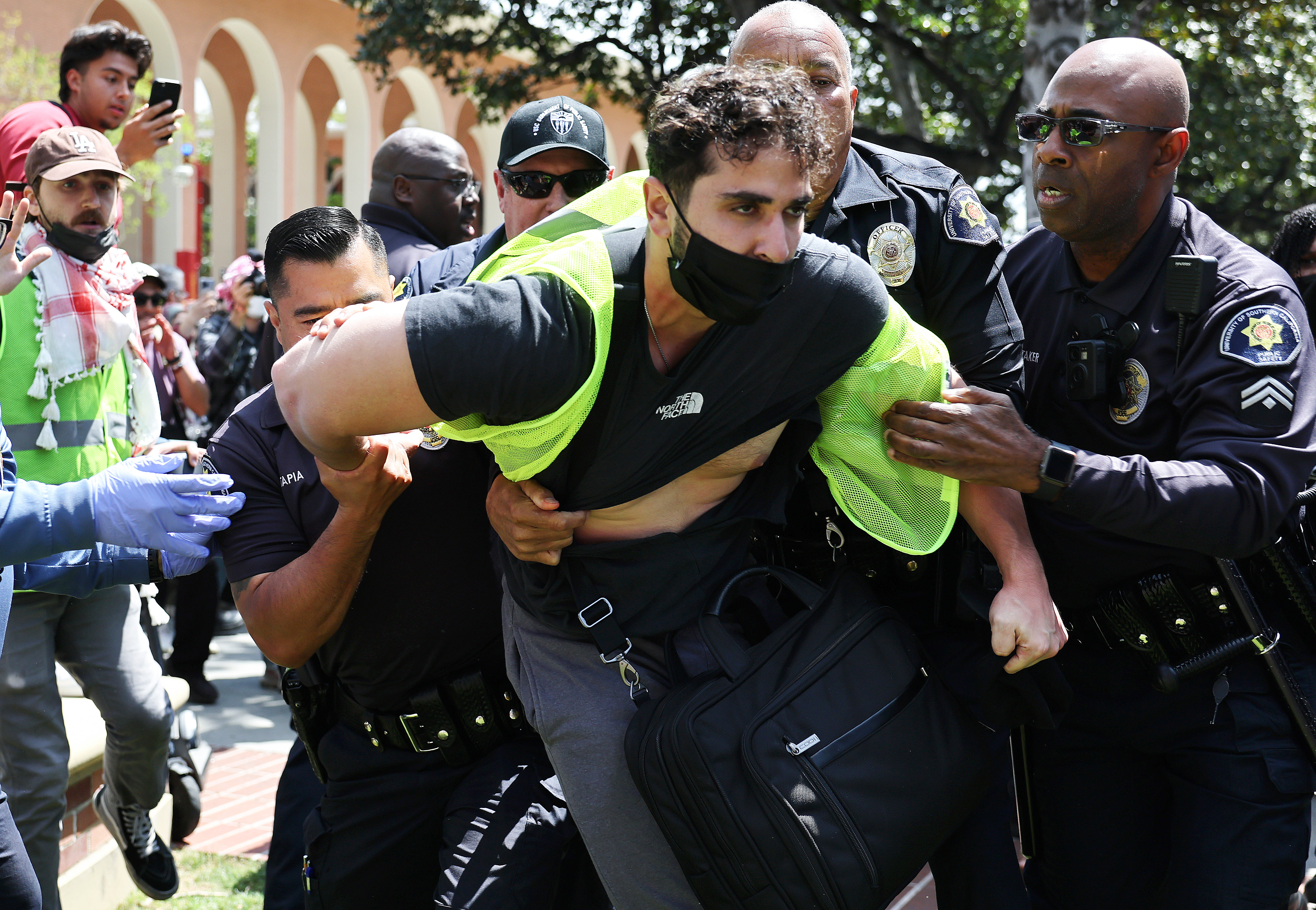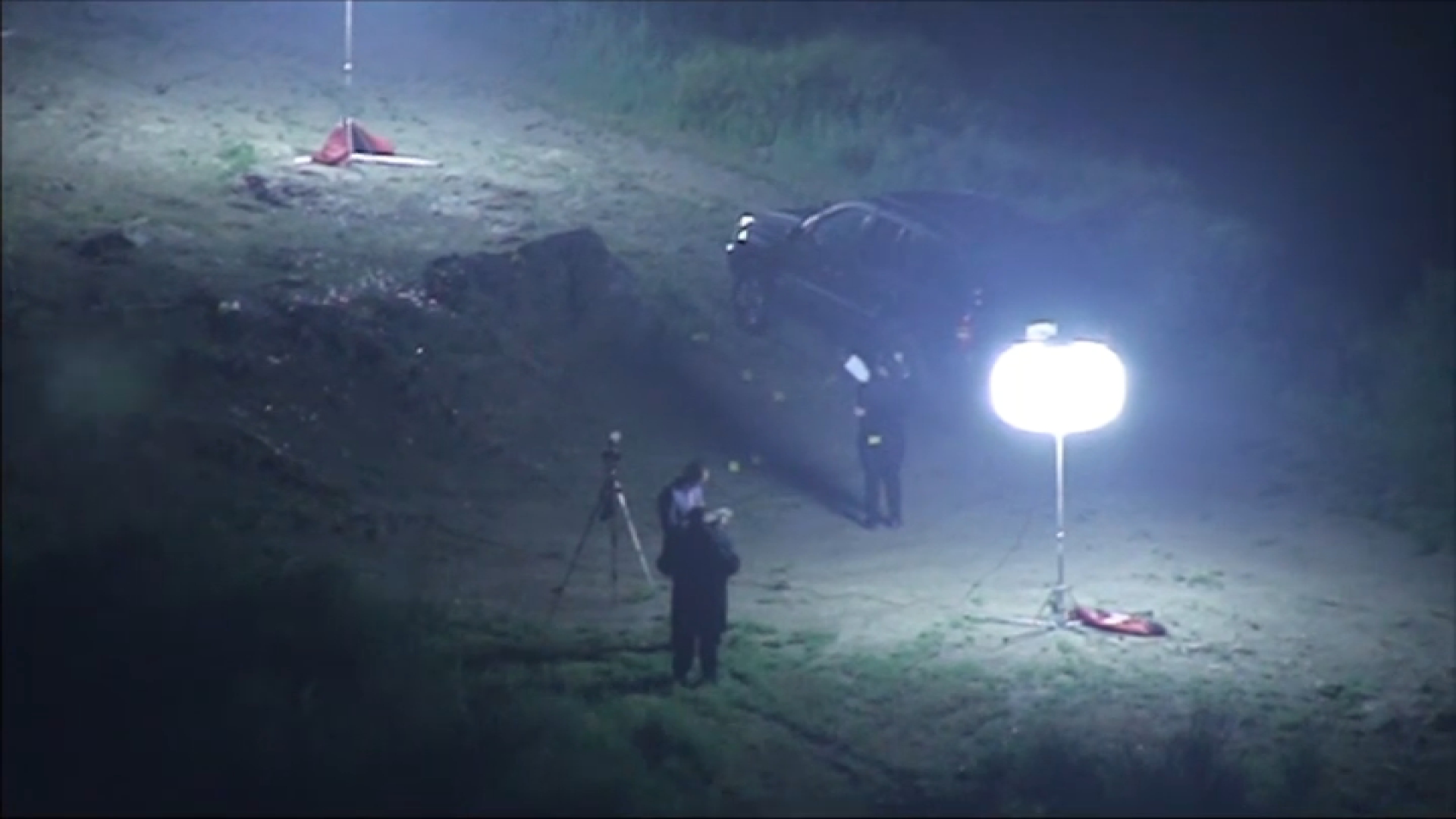Equipped with a new survey on attitudes toward Los Angeles Police, the department's civilian oversight commission tackled the issue of combating bias in policing.
The survey found less favorable opinions of police in minority communities with historically strained relations.
"What this report and survey documents is a serious, a profound and serious disconnect between the Los Angeles Police Department and Los Angeles' African-American community," said Commissioner Cynthia McClain-Hill, at whose request the Commission devoted the entire agenda for Tuesday's meeting to the bias issue.
"Our perceptions are rooted in our experience," said Melina Abdullah, a professor at Cal State Los Angeles and organizer for the Black Lives Matter movement, which has challenged police use of force.
The survey was included in a 140 page "Report of the Los Angeles Police Department on the Prevention and Elimination of Biased Policing."
Department policy forbids racial profiling or bias, but officials said it can be difficult to prove whether that was what motivated misconduct.
Of 1,254 bias complaints initiated in the past four years, just two were sustained, only to be later overturned, though the officer was dismissed for making false statements, according to the report.
News
Top news of the day
Comparing LAPD to ten police departments nationwide, the report found only three had sustained bias complaints -- two cases in Washington, D.C., and one each in San Diego and San Jose.
Apart from "explicit" bias, which is defined as carried out knowingly, growing attention has been focused on "implicit" -- or subconscious -- bias, which can affect decisions without the individual realizing, according to L. Song Richardson, a professor and senior associate dean of the law school at UC Irvine. Richardson delivered an oral report to the commission during Tuesday's meeting.
As part of training, LAPD has already instituted programs intended to help officers limit the effect of implicit bias, said psychologist Luann Pannell, the director of police training and education for the LAPD.
During public comment, several speakers objected to the term "bias" as too soft, and said the real issue is more accurately described as racial profiling.
The meeting went non-stop for four and a half hours, and unlike virtually all commission meetings the past two years, was not interrupted by protest demonstrations until the very end.
"Four and a half hours shows us more work needs to happen," said Pete White, executive director of the LA Community Action Network, also active in Black Lives Matter.
"It was a good first step," said Abdullah.
After the meeting, LAPD Chief Charlie Beck suggested some department critics should consider whether they are influenced by bias.
"If you have a natural bias against police...then you have to look at that. Because that's not an accurate bias, either," Beck said.
The union representing officers, the Los Angeles Police Protective League, expressed pride that 84 percent of the survey respondents overall believe officers conduct themselves in a "professional manner."
In a statement, the League called on the city to provide additional resources so that Community Policing can be expanded.
"The residents and police officers of Los Angeles deserve a Community Policing Reset, but that will require policymakers to roll up their sleeves and match their rhetoric with action," declared the statement.



